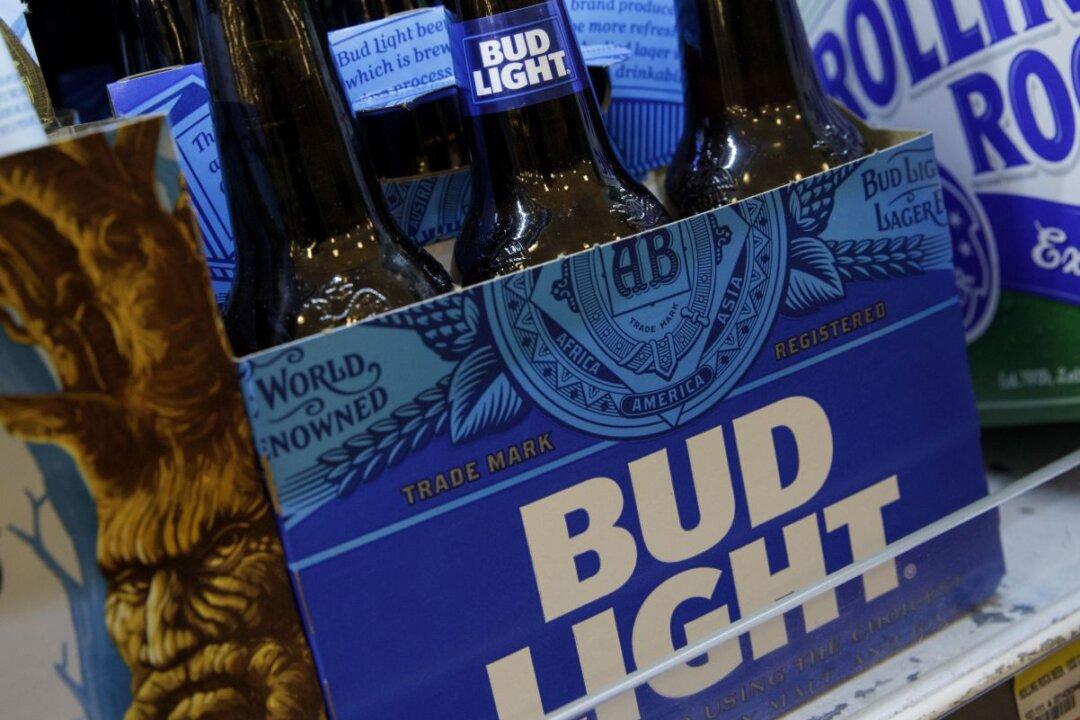Commentary
It’s likely true: No executives at Anheuser-Busch knew what the Bud Light marketing people were planning when they decided to deploy an absurdist and deeply offensive transgender TikTok influencer to sell their beer. But soon after it happened, public disgust became rather obvious. The crisis began, but for weeks, the company was in denial.





